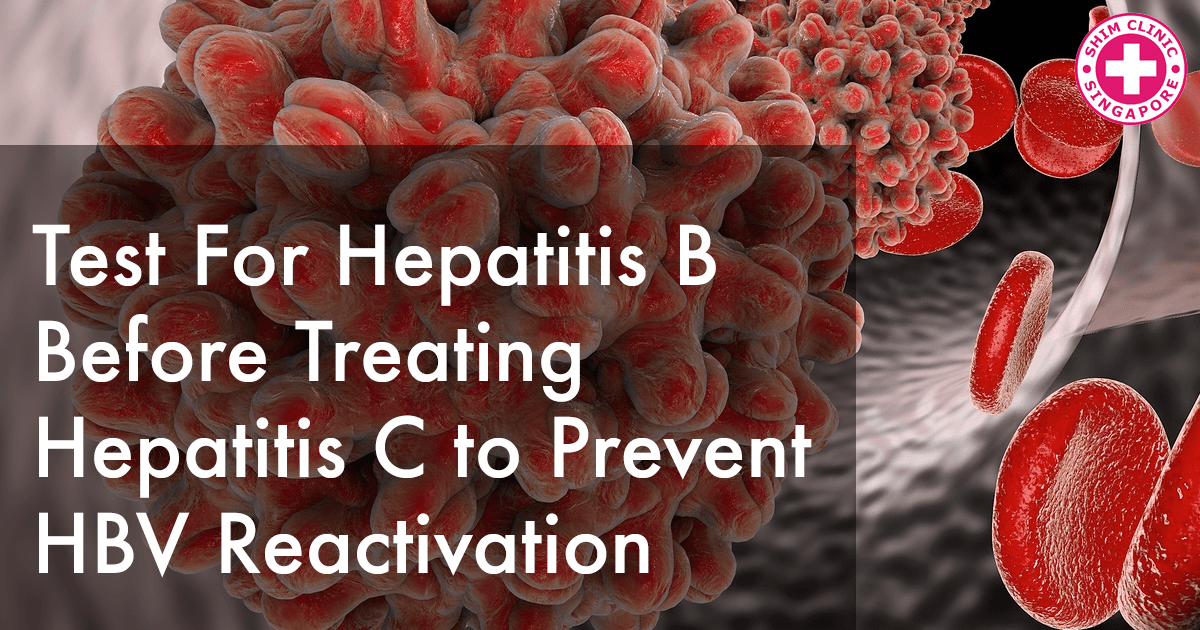The US Food and Drug Administration (FDA) recently asked people to be careful regarding the use of direct-acting antiviral (DAA) therapy to treat hepatitis C. The FDA recommended that people who want to use DAA should first get tested for hepatitis B virus (HBV) and make sure they get monitored all through the therapy. This is because eliminating hepatitis C virus (HCV) can cause reactivation of HBV and also worsen liver disease.
The FDA sent the new safety issue after recent updates were made in the American and European hepatitis C treatment guidelines. According to the FDA, there have been a few cases of serious liver problems or death following the use of DAA.
However, in cases where the patient has both HCV and HBV, the two viruses somehow interact and does not affect each other. According to The American Association for the Study of the Liver (AASLD), the DNA viral load of HBV is normally low or even undetectable while HCV is the main driver of liver disease.
Increased HBV DNA Levels
When DAA is used to cure HVC, HBV can reactivate and this time round the HBV DNA and ALT liver enzyme levels are on the increase. This can lead to jaundice, liver failure, fulminant hepatitis, and death.
A Drug Safety report indicated that an FDA analysis found 24 confirmed cases where HBV had reactivated. These reactivation cases had either been reported to the FDA or listed in published articles. The cases were reported in people who had HBV and HCV who were being treated with DAA between November 2013 and July 2016.
The report said that HBV reactivation will normally occur on average within 52 days (4-8 weeks) after getting started on DAA therapy. This was observed in people whose HBV DNA levels were both detectable and undetectable at baseline.
From the 24 cases reported, 3 of the patients experienced hepatic insufficiency, 1 needed a new liver while two died. 12 of the patients were given hepatitis B treatment immediately after HBV was detected, and a majority of them showed low HBV DNA levels after the treatment.
HVC Update Recommendations
The updates made by Infectious Diseases Society of America and The American Association for the Study of the Liver recommend that all patients getting started on HCV DAA therapy should be tested for HBV coinfection. The tests should be done with HBsAg, anti-HBs and anti-HBc.
The bodies also recommend that the presence of hepatitis delta virus be tested. This virus only occurs in people who have hepatitis B. They also advise that STD clinics put patients who meet the criteria for treating active HBV infection on nucleoside/nucleotide antivirals including tenofovir (Viread also used for HIV treatment) or entecavir (Baraclude) either at the same time as or before they get started on hepatitis C DAA therapy.
They also suggested that those with low or undetectable HBV DNA levels be monitored regularly while they’re on hepatitis C treatment as well as during follow-up sessions to test for reactivation of HBV. Should and HBV levels be detected during this period, the patients should be put on hepatitis B therapy if they fulfill treatment requirements.
Those whose HBV infection has cleared up spontaneously or due to previous successful antiviral therapy treatment should still be monitored for HBV reactivation if they’re receiving hepatitis C treatment.
In conclusion, the FDA noted that people with hepatitis B were not included in DAA clinical trials and therefore HBV reactivation is normally not included as a serious issue. It’s therefore important that STD testing clinics test HCV patients for HBV as well just to be sure that reactivation is not occuring.


Pingback: Test For Hepatitis B Before Treating Hepatitis ...
Pingback: new siriustube239 abdu23na2537 abdu23na39